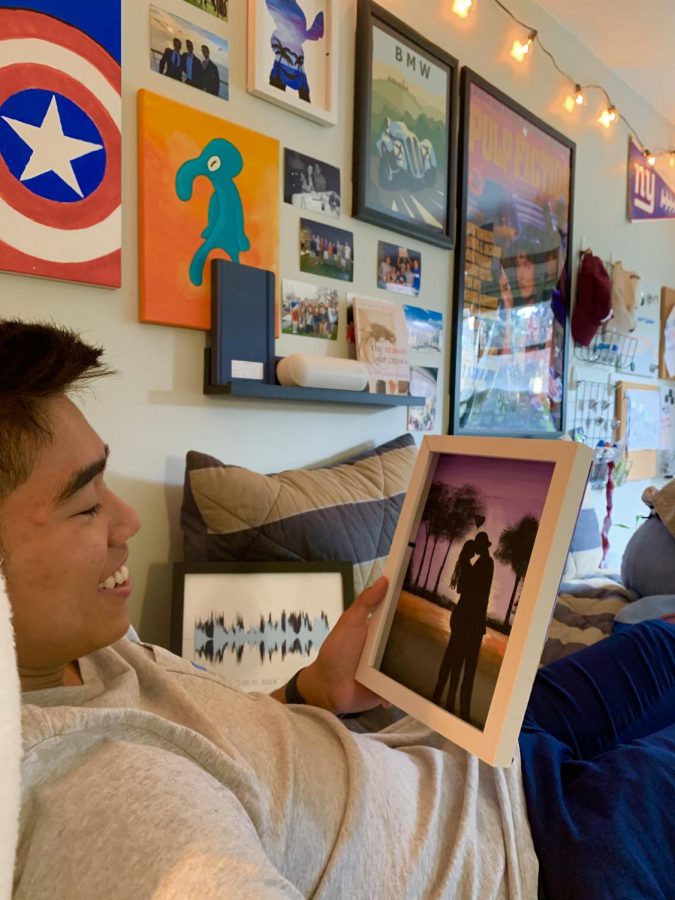Splitting Up or Going the Distance
Before going off to college, many incoming freshmen in relationships feel pressure to break up with their significant other and enter college single, even those who have been in a relationship for years. Where is this pressure coming from?
The answer can be partially attributed to “hook-up culture,” the pervasive expectation that when you go out to a bar or to a party you will leave with someone and consensually hook-up. Some people believe these experiences are necessary to immerse themselves in college life fully, and end relationships as a result.
However, it is not just to partake in the party scene that people decide to break up. Alexandra Danehy, FCRH `22, and her boyfriend of a little over a year initially decided to attempt a long-distance relationship; however, the two decided to breakup two weeks into freshman year.
“We knew the distance would make it challenging to see each other and within two weeks we both knew it was not going to work out,” she said when explaining her and her ex’s decision to end their relationship. “There was already a lack of communication, and it was hard to fully start a new life at Fordham knowing that a huge part of my life was in a different state.”
Danehy said she only regretted ending their relationship when “[she] did something or saw something [she] knew he would like, and couldn’t tell him about it like [she] used to be able to” — which is something that can be said about all breakups.
Starting college is new and exciting, and it can be difficult to immerse oneself in the experience when still holding on to parts of your former life. This is one reason couples decide to call it quits before starting school. Some couples decide that they do, actually, want to continue to date long-distance while away at school. For instance, Michael Ryan, GSB `22, has been dating his current girlfriend since 2014, with the exception of a small break while he served in the Israeli Army for two years after high school graduation.
When asked how the two make their relationship work, Ryan says that “we usually try to visit each other every month and a half to two months.” When asked what the biggest challenge of a long distance relationship was, Ryan answered, “Travel. We have to find a time that works for both of our schedules and then spend $300 for a three-day vacation, but it is always worth it.”
Ryan said would not recommend entering into a long-distance relationship before going to school unless you already know the person or have been dating for a while.
“I do it because I got lucky with my girl,” he said when explaining his reasons for still continuing a long-distance relationship. In terms of the pressures of hook-up culture on his relationship,” Ryan explains. “It was never and is still not an issue. I have less of a motivation to go out, which saves me money, and do not try to pursue anything with girls I meet in class or while I am out.”
There are certain benefits that can come from being in a long distance relationship with someone at a different school.
“In my opinion, one of the benefits is wanting to see the person more, since it is usually much harder,” John Semararo, GSB ’22, explains about his relationship.
“Although I would obviously want my relationship to be closer, like on campus, I would rather be happy in a long distance relationship as opposed to spending too much time with my girlfriend to the point where it takes away time from my guy friends.”
Finding a balance between a relationship, schoolwork and hanging out with friends is challenging enough as it is, so it is a slight benefit only to have to balance phone calls and Facetimes with a girlfriend or boyfriend at a different school.
Deciding to enter into college single or continue a relationship is a personal preference, with some choosing to be single and others committing to long distance relationships that require they see their partners less often.








































































































































































































